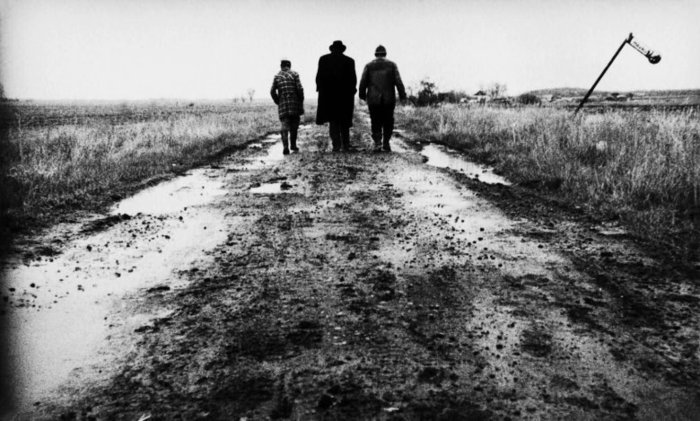What do you think?
Rate this book


316 pages, Paperback
First published January 1, 1985
He gazed sadly at the threatening sky, at the burned-out remnants of a locust-plagued summer, and suddenly saw on the twig of an acacia, as in a vision, the progress of spring, summer, fall and winter, as if the whole of time were a frivolous interlude in the much greater spaces of eternity, a brilliant conjuring trick to produce something apparently orderly out of chaos, to establish a vantage point from which chance might begin to look like necessity鈥� and he saw himself nailed to the cross of his own cradle and coffin, painfully trying to tear his body away, only, eventually, to deliver himself 鈥� utterly naked, without identifying mark, stripped down to essentials 鈥� into the care of the people whose duty it was to wash the corpses, people obeying an order snapped out in the dry air against a background loud with torturers and flayers of skin, where he was obliged to regard the human condition without a trace of pity, without a single possibility of any way back to life, because by then he would know for certain that all his life he had been playing with cheaters who had had marked the cards and who would, in the end, strip him even of his last means of defense, of that hope of someday finding his way back home.
鈥淭hey are slaves who have lost their master but can鈥檛 live without what they call pride, honor and courage. That鈥檚 what keeps their souls in place even if at the back of their thick skulls they sense these qualities aren鈥檛 their own, that they鈥檝e simply enjoyed living in the shadow of their masters鈥� Then, wherever the shadow falls they follow, like a flock of sheep, because they can鈥檛 do without a shadow鈥︹€�


